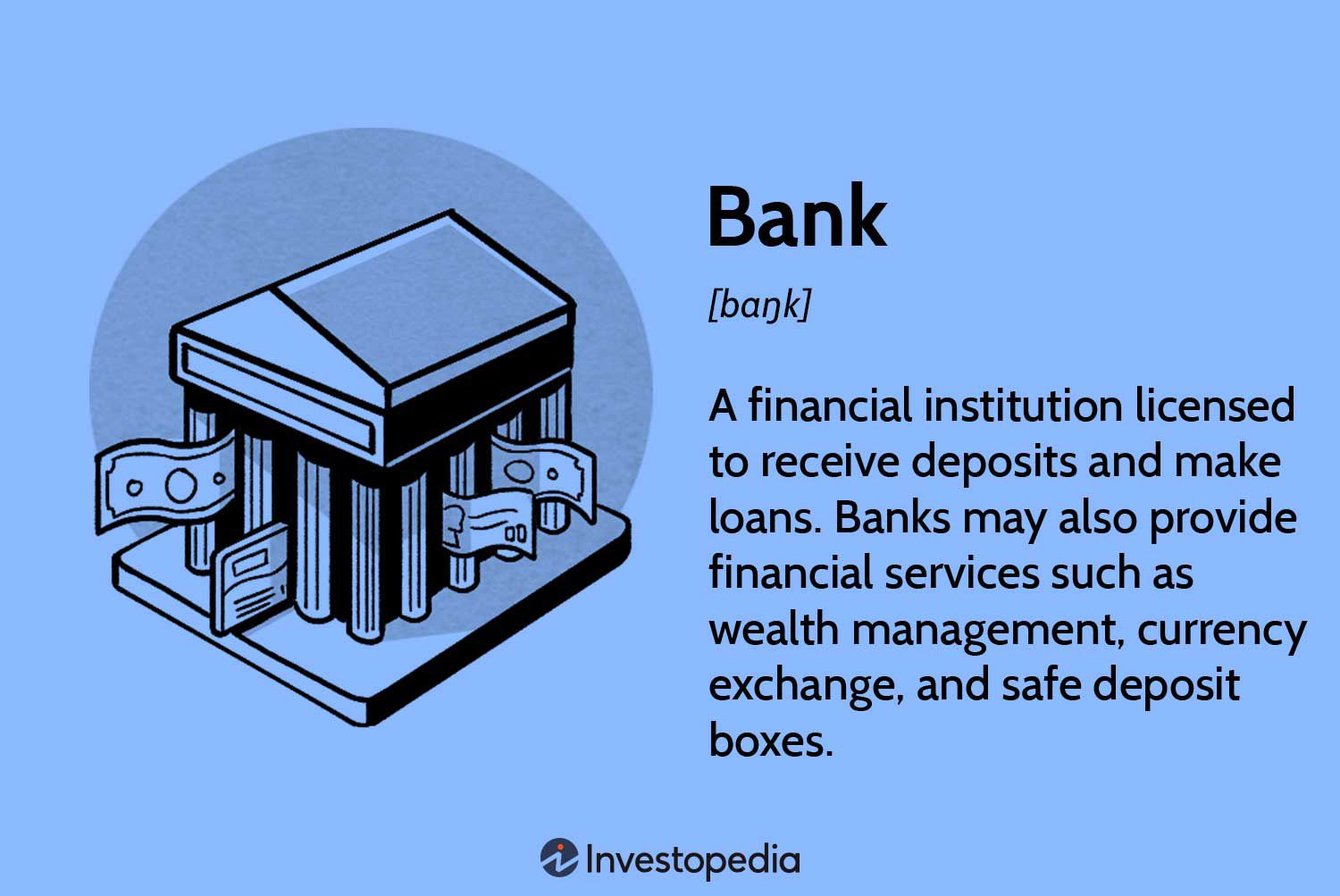July 2, 2025
Golden Anniversary Promo

Saving money in the bank is a prudent financial practice for several reasons:
Emergency Fund: Having savings in the bank ensures you’re
prepared for unexpected expenses, such as medical emergencies, car repairs, or
sudden job loss. An emergency fund acts as a safety net, providing peace of
mind during challenging times.
Interest and Growth: Most banks offer interest on savings
accounts. By keeping your money in the bank, it can grow over time. While
interest rates may not be very high, it’s still better than keeping cash at
home.
Security: Banks provide a secure environment for your money.
They are regulated and insured, which means your deposits are protected up to a
certain limit (usually by government agencies like the Philippine Deposit Insurance Corporation).
Convenience: Accessing your funds is easier when they’re in
a bank. You can withdraw cash, write checks, use debit cards, and manage your
finances online. It’s more convenient than storing physical cash.
Financial Goals: Whether it’s buying a house, going on
vacation, or retiring comfortably, saving money in the bank helps you achieve
your financial goals. Regular contributions build up over time.
Avoiding Impulse Spending: When money is readily available,
you might be tempted to spend it impulsively. Keeping it in the bank makes it
less accessible, encouraging better spending habits.
Remember that while saving in the bank is
essential, diversifying your savings by investing in other assets (such as
stocks, bonds, or real estate) can also help you achieve long-term financial
stability. Always consult a financial advisor to tailor your savings strategy
to your specific needs and goals.